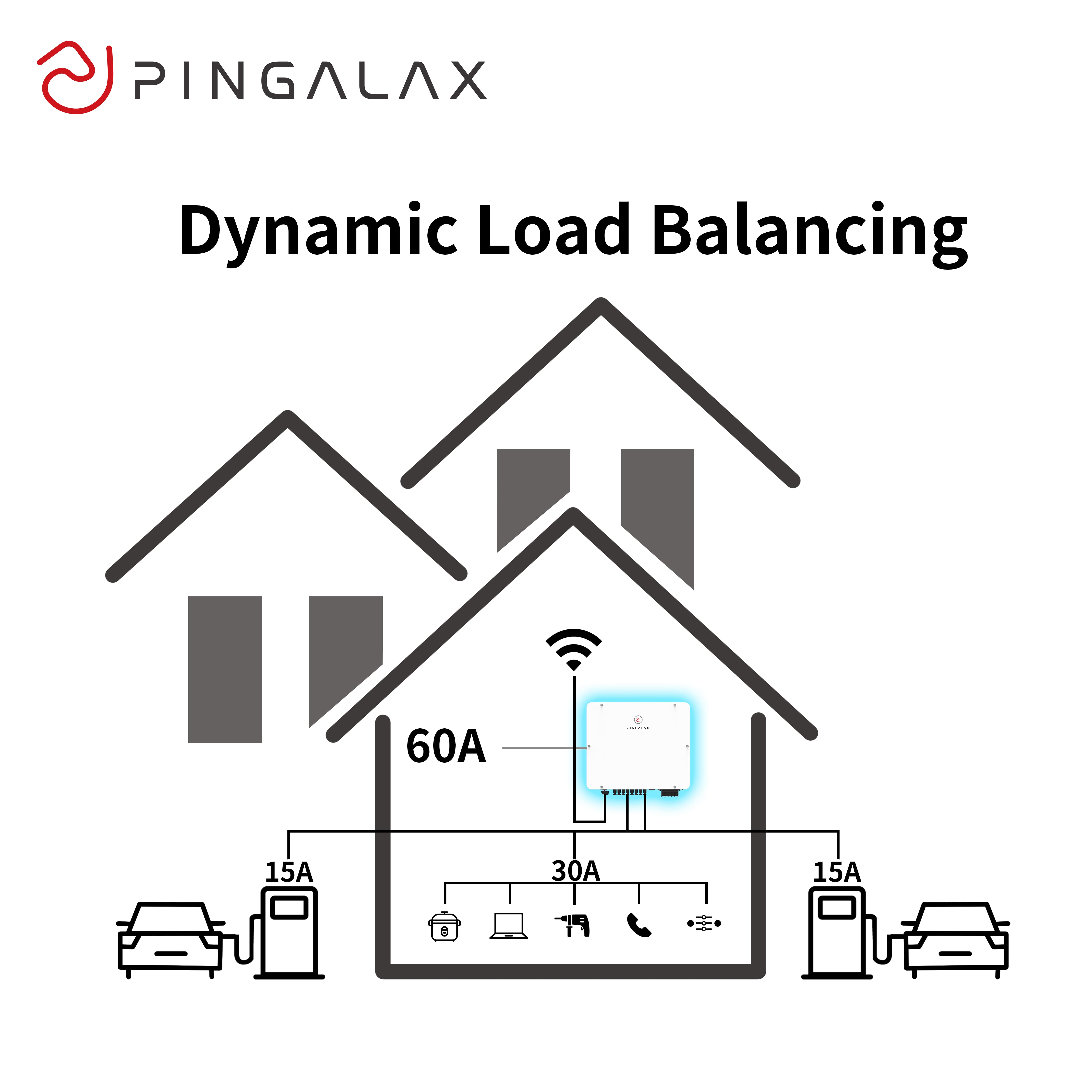Industry newsApr 28,2025By:
How AC Charging Impacts Battery Life of EVs
With the increasing popularity of electric vehicles (EVs), charging methods have become a key factor affecting battery longevity. Among them, AC (alternating current) charging is one of the most common charging methods for EVs. Compared to DC fast charging, AC charging is gentler on the battery, but it still has some impact on battery lifespan.
AC charging typically uses lower power, with charging speeds ranging from 3.7 kW to 22 kW, depending on the charging station and vehicle specifications. Since the charging current is relatively small, the heat generated during charging is lower, reducing thermal stress on the battery. High temperatures are one of the main causes of battery degradation, so AC charging helps extend battery life compared to frequent DC fast charging.
However, prolonged AC charging, especially when the battery is kept at a high state of charge (SOC) for extended periods, can accelerate battery aging. Lithium-ion batteries degrade faster when stored at full charge for long durations. Therefore, it is recommended to avoid keeping the battery at 100% SOC for extended periods, even when using AC charging.
To optimize battery life, EV owners should adopt smart charging strategies, such as charging to 80-90% for daily use and only charging to 100% when necessary for long trips. Additionally, avoiding charging in extreme temperatures can further protect the battery.
In conclusion, while AC charging is gentler on EV batteries than DC fast charging, proper charging habits are still essential to maximize battery lifespan.

Check out Pingalax!

© 2025 All Rights Reserved
Power By Bontop